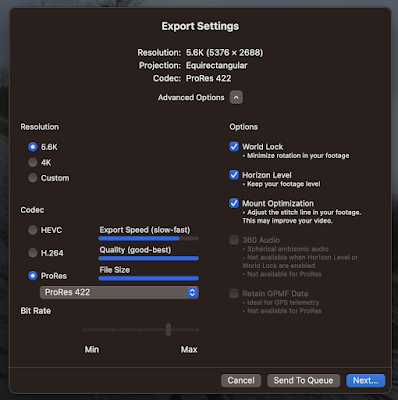The question was discussed on tex.stackexchange.com
I'm looking for an efficient way to anonymise interviewee identities using a pseudonym list.
Case studies often use direct quotation from interviews and observational data.
In these cases it is usual to identify the speakers using a pseudonym and/or role label.
Anonymisation attempts to preserve the privacy of research subjects, following the 'do no harm' principle of social and human sciences research ethics.
Using a pseudonym preserves source attribution (i.e. justifies that the quote is an example of actual empirical evidence).
I expect that this requirement is a bit like creating a glossary, a register of names or list keywords used in a document (i.e. create-a-register-of-persons-with-biblatex or create-a-register-of-persons-with-references)
I imagine writing the quotes with correct attribution in my latex document, and they will be replaced when typesetting.
Something like \person{joe} and \personrole{ceo} and a catalogue command like \dramatispersonae that produces a register of the pseudonyms and their roles in a section, somewhat like a glossary, or characters of a play, the dramatis personae.
Perhaps I could do this with bibtex, but I need to the dramatis personae to be separate from the bibliography.
Notes:
I'm not referring to approaches for censoring, redacting or 'blinding' text (i.e. efficient-ways-to-anonymize-a-document)
{best-practices} {journal-publishing} {bibliography}
Friday, September 11, 2015
Sharing 360° video?
So, you've got a 360 degree video file from your GoPro. What to do with it? Well, share it on YouTube. YouTube supports uploading and pl...

-
So, you've got a 360 degree video file from your GoPro. What to do with it? Well, share it on YouTube. YouTube supports uploading and pl...
-
(CTAN, a meta-level resource for all things TeX www.ctan.org/ ) Step 1: MacTeX packages for Mac. Install MacTeX, after which do the foll...
-
First, read the article "AI-generated art illustrates another problem with technology" by John Naughton on the Guardian (20 Aug...
